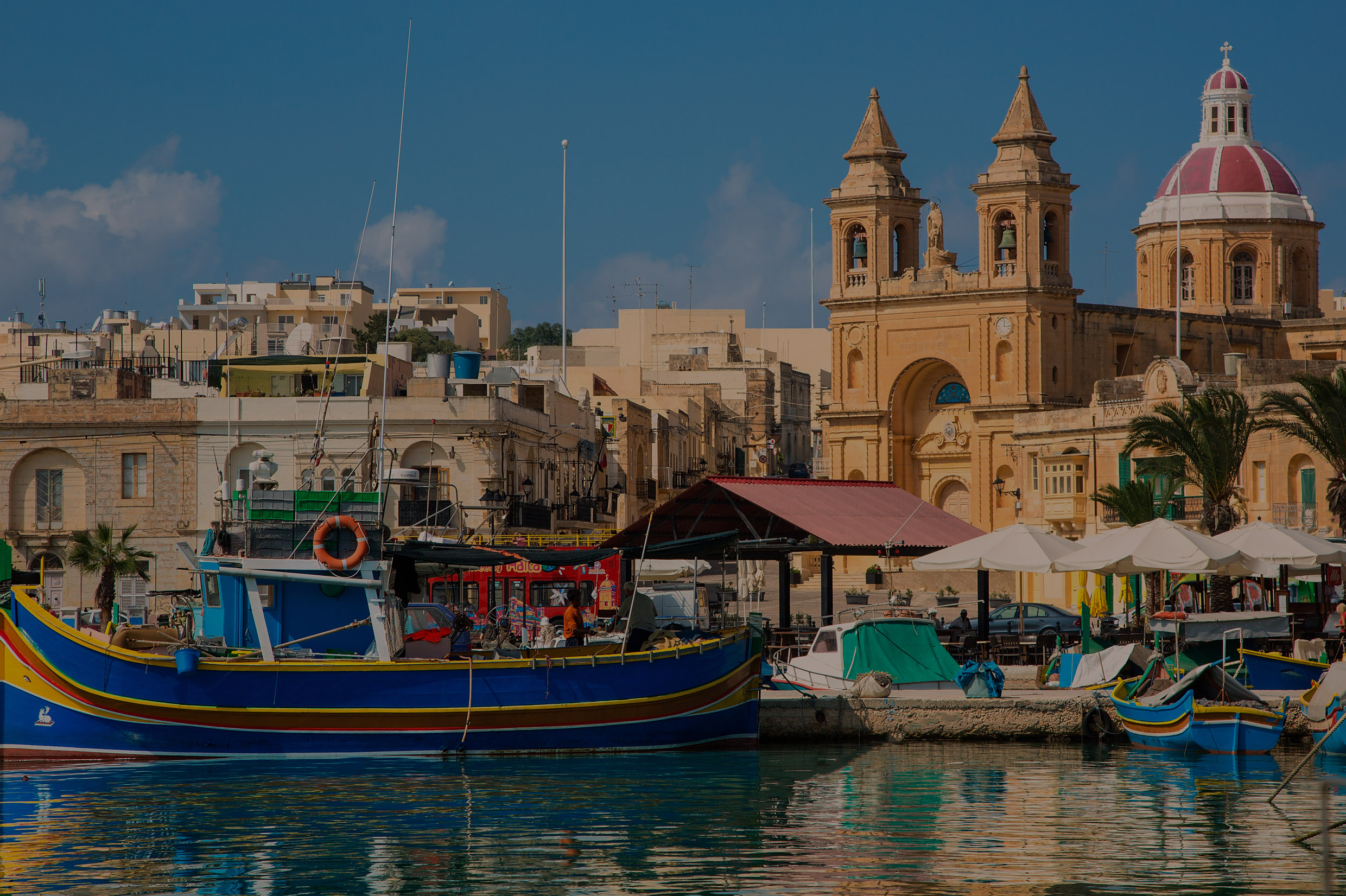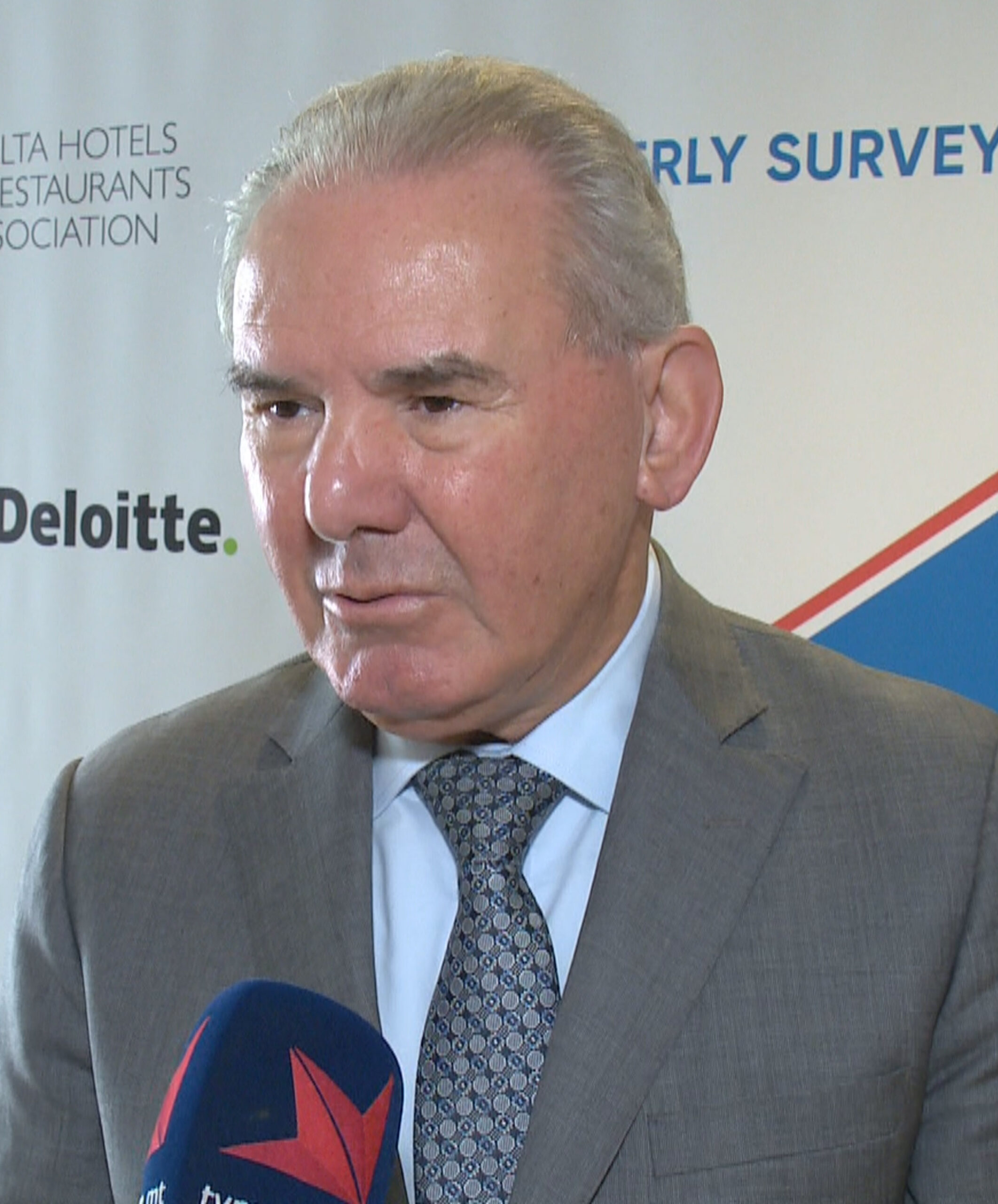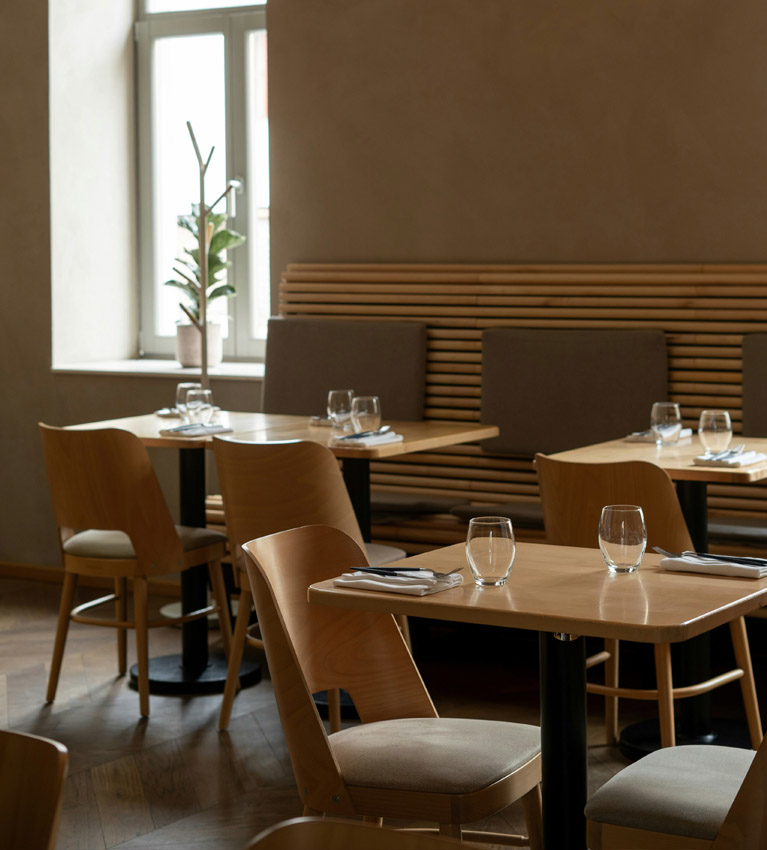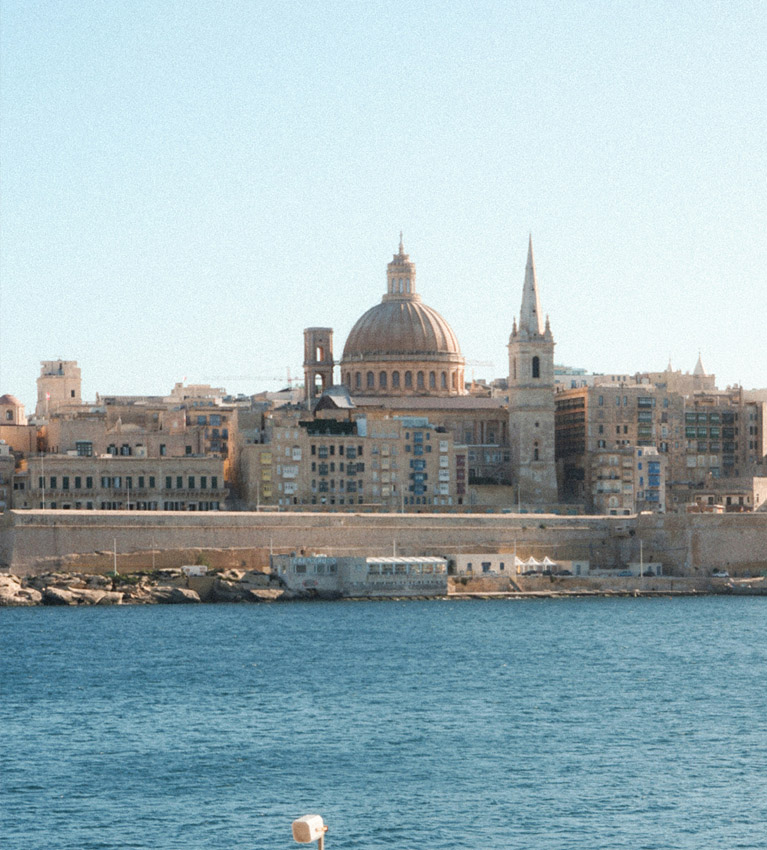
Steering Malta’s Tourism

Old World vs New World Wines
June 15, 2025
Anatomy of a Coffee Bean
June 21, 2025Article written by Tony Zahra, President of the Malta Hotels Restaurants Association.
The reality of Malta’s tourism landscape
Malta’s tourism industry has experienced remarkable growth over the past decade, driven by an increase in visitor numbers and a concerted effort to market the country as a must-visit Mediterranean destination.
However, this success brings with it a set of challenges that must be addressed if the industry is to remain resilient in the years to come.
One key concern is the strain placed on Malta’s infrastructure due to rising visitor numbers. A high- volume, low-value model will not serve Malta’s long- term interests. Instead, focusing on attracting higher- spending visitors is a more viable path forward.
Quality as the new benchmark
Shifting towards a higher-quality tourism model does not mean reducing the number of tourists but rather improving the overall experience, ensuring that visitors contribute more significantly to the economy while placing less stress on national resources.
This transition requires commitment from all stakeholders.
Key areas that demand attention include:
The economic case for high-quality tourism
A shift towards quality-driven tourism is not just about improving visitor experiences; it is also an economic imperative. High-spending tourists generate greater returns, benefiting hotels, restaurants, cultural institutions, and local businesses.
By targeting travellers who are willing to pay a premium for exceptional service and experiences, Malta can ensure that tourism revenues remain strong without overwhelming the island’s resources.
Additionally, quality tourism fosters a healthier balance between locals and visitors. When infrastructure is not overburdened and communities are actively engaged in tourism planning, the industry becomes more sustainable and socially inclusive.
This approach ensures that the benefits of tourism are distributed more equitably, contributing to a higher standard of living for Malta’s residents.
Policy and industry collaboration: A unified vision
Achieving a higher-quality tourism model requires a clear vision supported by effective policies and industry collaboration. The government must adopt forward-thinking policies that incentivise quality- focused investments while ensuring that regulations support rather than hinder progress.
The private sector must also play a proactive role, embracing innovation, improving service standards, and adopting sustainable practices.
Furthermore, data-driven decision-making should guide policy formulation. Understanding visitor trends, preferences, and economic contributions allows for smarter planning and targeted marketing efforts.
By leveraging technology and analytics, Malta can stay ahead of global tourism trends and make informed choices that benefit both visitors and residents.
The time for change is now
Malta’s tourism industry is at a crossroads. The decision to steer towards a high-quality, sustainable model is not just a strategic option - it is a necessity.
The country must move beyond the outdated mindset of chasing higher numbers and instead focus on delivering superior experiences that attract visitors who appreciate and respect what Malta has to offer.
By embracing this vision, Malta can secure its place as a leading Mediterranean destination for discerning travellers. This transition requires commitment, collaboration, and a willingness to innovate, but the rewards - a thriving, resilient, and sustainable tourism sector - are well worth the effort.
The time to act is now, ensuring that Malta’s tourism industry remains a source of pride and prosperity for generations to come
Tourism has long been a cornerstone of Malta’s economy. However the need to prioritise quality over quantity has never been more critical, ensuring that tourism remains sustainable, profitable, and beneficial to all stakeholders.
The reality of Malta’s tourism landscape
Malta’s tourism industry has experienced remarkable growth over the past decade, driven by an increase in visitor numbers and a concerted effort to market the country as a must-visit Mediterranean destination.
However, this success brings with it a set of challenges that must be addressed if the industry is to remain resilient in the years to come.
One key concern is the strain placed on Malta’s infrastructure due to rising visitor numbers. A high- volume, low-value model will not serve Malta’s long- term interests. Instead, focusing on attracting higher- spending visitors is a more viable path forward.
Quality as the new benchmark
Shifting towards a higher-quality tourism model does not mean reducing the number of tourists but rather improving the overall experience, ensuring that visitors contribute more significantly to the economy while placing less stress on national resources.
This transition requires commitment from all stakeholders.
Key areas that demand attention include:
- Accommodation and hospitality standards: Investments in higher-end accommodation and services that cater to discerning travellers should be encouraged.
- Authentic and unique experiences: Malta’s rich history, culture, and natural beauty must be at the core of its tourism offerings. Visitors are increasingly looking for meaningful, unique, and immersive experiences rather than generic, mass-market attractions. Enhancing heritage sites, promoting cultural events, and developing niche tourism markets such as luxury travel, eco-tourism, and wellness tourism can significantly add value.
- Efficient infrastructure and sustainable planning: A high-quality tourism sector requires efficient transport systems, and carefully planned urban development. Sustainable tourism initiatives, such as protecting Malta’s coastline, and reducing congestion in key tourist areas, should be top priorities.
- Workforce development: A well-trained and motivated workforce is crucial in setting Malta apart as a premium destination. This requires investment in education, training programmes, and career development opportunities.
The economic case for high-quality tourism
A shift towards quality-driven tourism is not just about improving visitor experiences; it is also an economic imperative. High-spending tourists generate greater returns, benefiting hotels, restaurants, cultural institutions, and local businesses.
By targeting travellers who are willing to pay a premium for exceptional service and experiences, Malta can ensure that tourism revenues remain strong without overwhelming the island’s resources.
Additionally, quality tourism fosters a healthier balance between locals and visitors. When infrastructure is not overburdened and communities are actively engaged in tourism planning, the industry becomes more sustainable and socially inclusive.
This approach ensures that the benefits of tourism are distributed more equitably, contributing to a higher standard of living for Malta’s residents.
Policy and industry collaboration: A unified vision
Achieving a higher-quality tourism model requires a clear vision supported by effective policies and industry collaboration. The government must adopt forward-thinking policies that incentivise quality- focused investments while ensuring that regulations support rather than hinder progress.
The private sector must also play a proactive role, embracing innovation, improving service standards, and adopting sustainable practices.
Furthermore, data-driven decision-making should guide policy formulation. Understanding visitor trends, preferences, and economic contributions allows for smarter planning and targeted marketing efforts.
By leveraging technology and analytics, Malta can stay ahead of global tourism trends and make informed choices that benefit both visitors and residents.
The time for change is now
Malta’s tourism industry is at a crossroads. The decision to steer towards a high-quality, sustainable model is not just a strategic option - it is a necessity.
The country must move beyond the outdated mindset of chasing higher numbers and instead focus on delivering superior experiences that attract visitors who appreciate and respect what Malta has to offer.
By embracing this vision, Malta can secure its place as a leading Mediterranean destination for discerning travellers. This transition requires commitment, collaboration, and a willingness to innovate, but the rewards - a thriving, resilient, and sustainable tourism sector - are well worth the effort.
The time to act is now, ensuring that Malta’s tourism industry remains a source of pride and prosperity for generations to come

As the major Association in the tourism sector, the MHRA represents the interests of its members on several important national policy making bodies, including the board of the Malta Tourism Authority and all its directorates, the Institute of Tourism Studies and the Malta Council for Economic and Social Development.
For more information visit https://mhra.org.mt
Click here to see Horeca Issue 19 online



